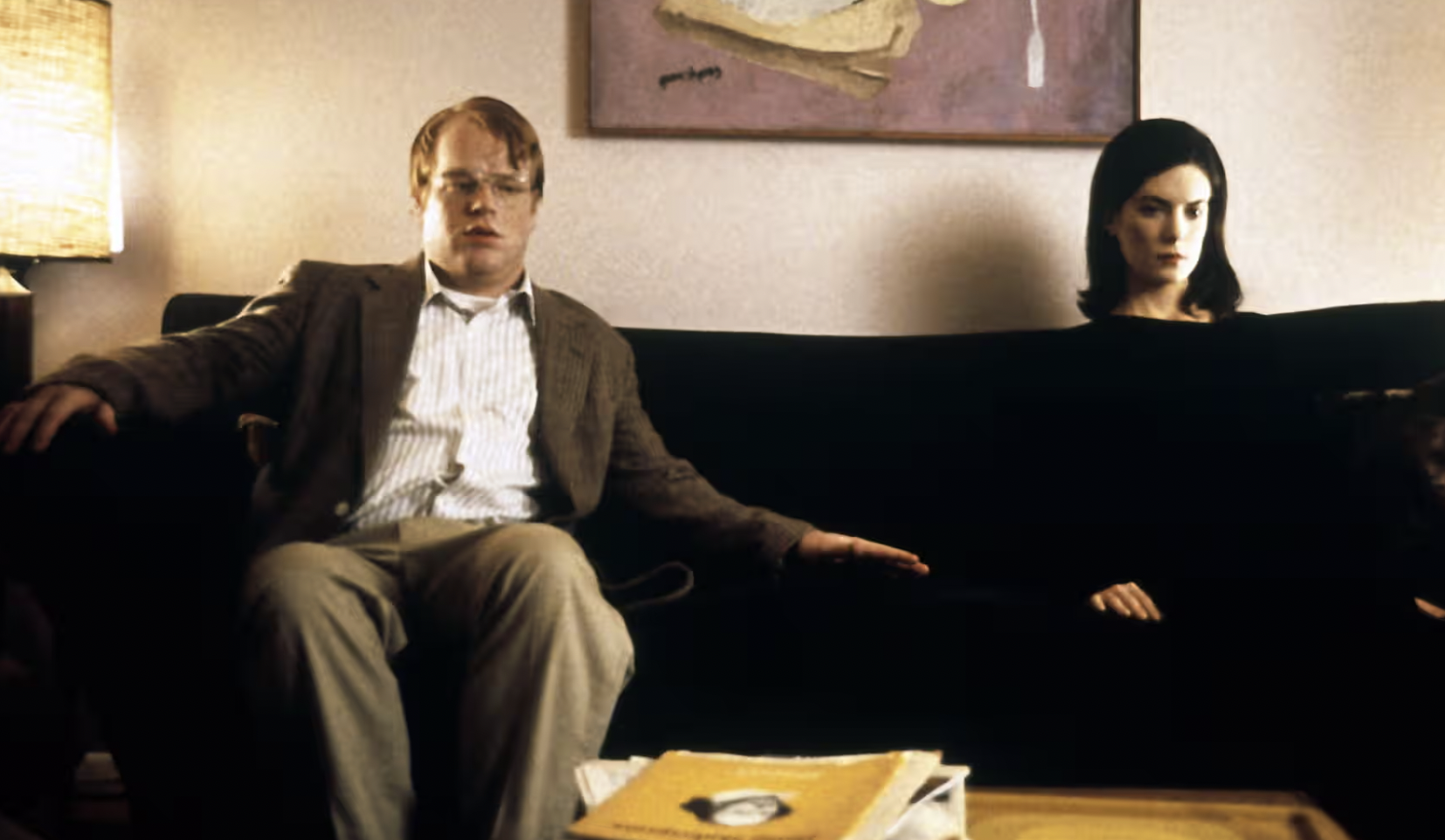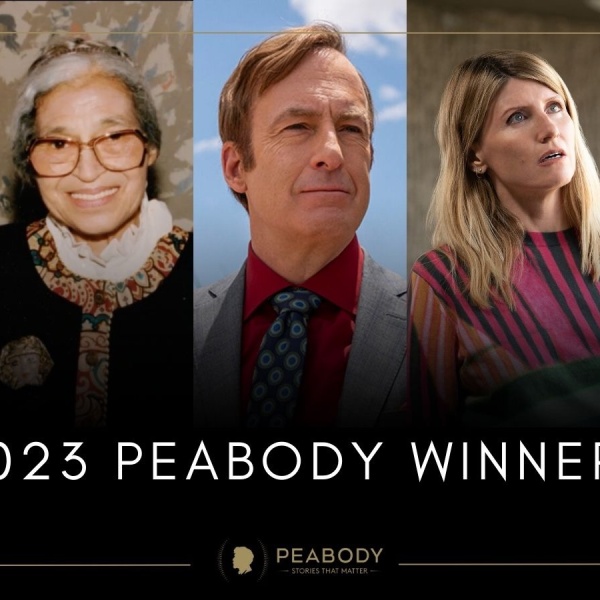Philip Seymour Hoffman had a few tricks up his sleeve for being cast in Todd Solondz‘s “Happiness,” but the one that sealed the deal surprisingly was out of Hoffman’s hands.
Solondz told The Guardian that the 1998 feature, which is receiving a 4K digital restoration courtesy of Criterion, had clout even during the casting process. According to Solondz, his career was at a high point, leading to big stars like Hoffman auditioning.
“I’d had an unexpected success with my movie ‘Welcome to the Dollhouse’ and, knowing how fleeting that can be, I wanted to take advantage,” Solondz said. “Everyone wanted to work with me.”
Yet because the dark comedy centered on a pedophile, later played by Dylan Baker, it was a tricky project to sell and cast.
“Everyone wanted to play [Hoffman’s character] Allen, despite his habit of making obscene phone calls,” Solondz said. “Philip Seymour Hoffman’s first audition for Allen didn’t go that great, but we did a callback. I think I knew better that time how to communicate what I needed, and he delivered. We sealed it with a handshake and his hand was just so clammy. I said, ‘This is the guy.’”
In fact, even the “Happiness” poster has Hoffman’s character Allen sweating in the cartoon version.
Solondz continued of the genesis for the film, “I didn’t go into writing it with the intention of making a movie about a pedophile, or about any other taboos. But I did feel unfettered. Scripts are always character-based for me. I find the story through the characters I conceive and discover over the course of writing. [Production company] October wanted me to get a star, so I had to offer the part of Bill Maplewood to a few well-known actors. Fortunately, they all turned it down, because when Dylan Baker came in, I knew immediately this was who I wanted.”
The test screenings also proved just how controversial “Happiness” could be.
“The production itself was a nightmare, but they always are,” Solondz said. “Each movie is just a different nightmare. We did a few test screenings in New York. At one, someone got very upset and swore they were never going to let this movie get released. Another woman said she felt bad for the director, because he didn’t understand that the film was unintentionally funny.”
He added, “‘Happiness’ went out unrated, because an NC-17 would have limited the number of theaters it could have been shown in. There were no cuts we could make to avoid that; it was just the whole thing. You can only get a movie like this made on the heels of one that has been profitable and it would not get made today. I’m lucky I had the alchemy of the stars working for me back then.”





